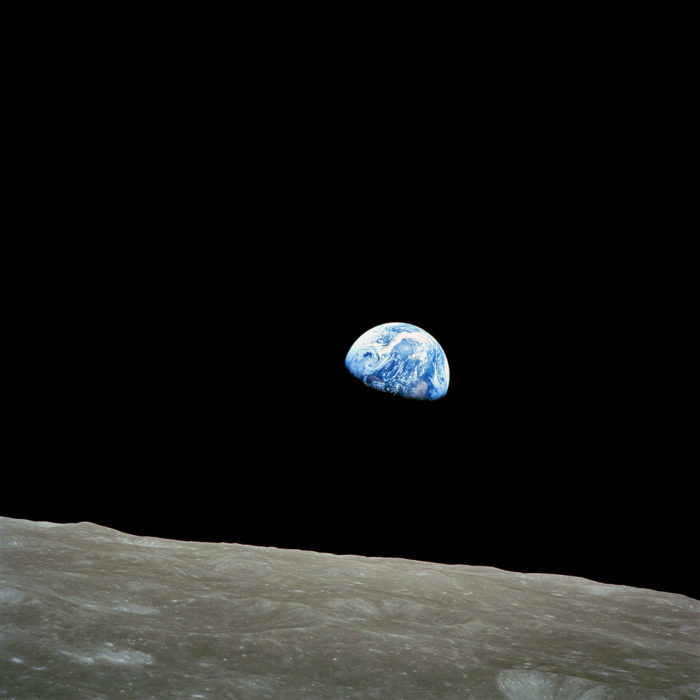EVOLUTIONARY BIOLOGISTS HAVE BEEN waging a war on many fronts against the notion of altruism for the better part of a century and a half. The idea that animals — which for them include human beings — engage in selfless acts toward each other has been a thorn in their side ever since Charles Darwin published On the Origin of Species in 1859. That one could witness, in a natural system governed by the “survival of the fittest,” frequent acts of selfless behavior was a problem that even Darwin feared might be his theory’s undoing.
The solution to this vexing problem had to wait until 1964, when another British biologist, William Hamilton, published a mathematical formula that explained how altruistic behavior emerged over time as organisms tried to increase the propagation of their own genes by aiding close biological relatives. Altruism, it turned out, is just another form of self-interest. In recent years, the war against altruism has taken aim at everything from love and generosity, to philanthropy and the raising of children. Thanks to elaborate theoretical contortions, theorists are confident they have revealed each of them to be nothing more than forms of selfishness.
‘Abdu’l-Bahá appears to have seen it all coming. During his travels in Europe and America, he relentlessly promoted the idea of a human race that is distinct from the animal kingdom, defining both intellectual and spiritual capacities as fundamentally different than natural instincts. ‘Abdu’l-Bahá didn’t deny humankind’s nearly unlimited capacity for self-interest, but he rejected the reductionist view of human beings that considers our nature as consisting of little else.
“Man is in the highest degree of materiality, and at the beginning of spirituality,” he would often argue. “That is to say, he is the end of imperfection and the beginning of perfection. He is at the last degree of darkness, and at the beginning of light . . . he is the sum of all the degrees of imperfection, and . . . he possesses the degrees of perfection.” Human beings, he said, are capable of both the most degraded behavior, and the most saintly. “Not in any other of the species in the world of existence,” he added, “is there such a difference, contrast, contradiction and opposition as in the species of man.”

At Stanford University on October 8, 1912, and again two days later at the Open Forum in San Francisco, ‘Abdu’l-Bahá had defined humanity based on the qualities that differentiate us from animals — abstract thought, scientific advancement, the impulse for discovery, the capacity to struggle in the face of adversity, and moral reasoning among them. Yet these intellectual endowments, he frequently told audiences, must ultimately serve higher spiritual faculties such as justice, love, compassion, and generosity.
Our nature, ‘Abdu’l-Bahá argued, is incapable of being stationary. We are always either moving forward or regressing. “Man is even as steel,” his father, Bahá’u’lláh, wrote, “the essence of which is hidden: through admonition and explanation, good counsel and education, that essence will be brought to light. If, however, he be allowed to remain in his original condition, the corrosion of lusts and appetites will effectively destroy him.”
In its highest form, ‘Abdu’l-Bahá defined being human as operating in a constant state of selfless service towards our fellow human beings. Unlike the rest of nature, which is driven entirely by instinct and reaction, we humans have the capacity to choose to sacrifice ourselves for one another. This ability invests us with a unique responsibility to help our fellow human beings achieve their potential. It is a vision of human nature with far-reaching implications for politics, economics, our approach to education, and even the smallest of our daily interactions.






